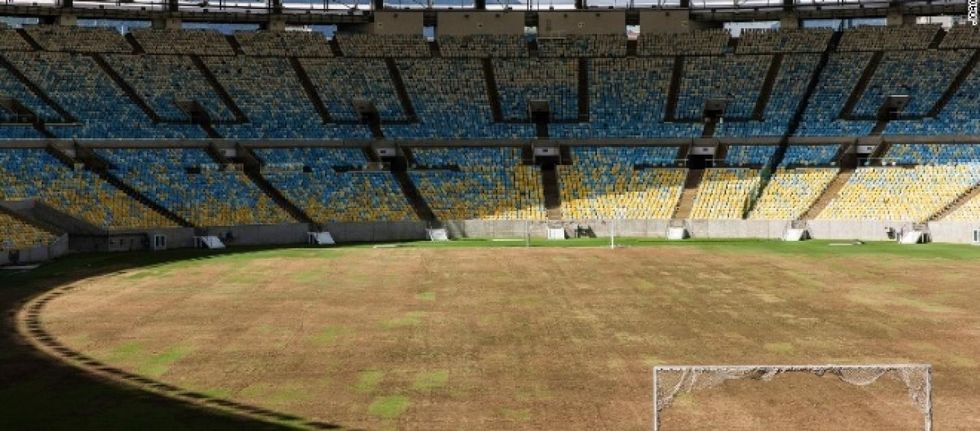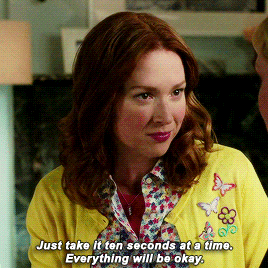The Olympics are an amazing gathering of astonishing athletes as they fight for gold. The world gets to watch as they race, twist, slide, and jump their way to glory and then, through the magic of television get to get goosebumps as they watch their fellow countrymen cry while listening to their national anthem. For most of us, it's something to look forward to tuning in at the end of the day. Who doesn't like the Olympics?
However, there is a problem that has the potential to end the Olympics as we know it. Potential host cities. Or the lack there is of them. The Olympic host cities are chosen seven years before the events begin. They put in bids and the Internation Olympic Comedy votes on which city they believe should be awarded the honor of hosting the Olympics and believe they can do it financially.
When the IOC was deciding who would host the 2022 Winter Olympic games, which ultimately went to Bejing, by the time it came to vote it was down to must Bejing, China and Almaty, Kazakhstan. There had been other potential bid cities; Olso in Norway, Krakow in Poland, St. Mortiz in Switzerland, and Lviv in Ukraine but they all backed out after pressure from those living in the cities themselves.
It's pretty much the same story for the summer Olympics and that's why the 2028 games have already been decided so much earlier than scheduled. Paris and LA were the only two cities who had kept their bids for the 2024 Summer Olympics and the IOC already knew it would be hard to find a bid city for 2028 and decided to grab a willing city while it was available.
Why is it so hard to find bid cities? It's actually a really obvious answer and you've probably already guessed it. Money.
The 2014 Sochi Olympics, which has been the most expensive so far, original budget was US 12$ billion and then it was raised to 51$ billion USD, making it more expensive than the 2008 Bejing Olympic games which cost $44 billion USD.
And every game for the past 50 years has gone over budget so it really doesn't seem like something that's avoidable. It seems as though a huge amount of money is really what it takes to put on an enjoyable, flashy, Olympic games. Honestly, no surprise there.
The organizers of the Rio de Janeiro Olympics struggled to pay off their debts and even went so far as to try to give used air conditioners from the Olympic Village to creditors because they had no cash. Yeah, it's that bad.
Why? Why is the Olympics so good at bankrupting cities? Most of the money the host cities have the potential to make is from the TV deals. And that amount of money, the amount of money host cities can earn from television is being chipped away percentage by percentage by the IOC.
In the 90's the IOC took 4% of television revenue but took 70% of the revenue from the Rio games. For a lot of cities, building sporting venues occasionally involves environmental destructions and are usually built on valuable real-estate. A stadium costs about 30$ million to maintain yearly and if they fall into disrepair they lower property value.
So is this the end of the Olympics? One of the possible ways forward is to make two permanent places for the Olympics. One for the summer and one for the winter. For this
But at the end of the day, if the IOC wants to keep up up their exorbitant spending, it does look like the only option.
The 2026 Olympic Games will be announced in 2019 and the next two summer Olympic cites have been chosen, so there aren't any drastic changes in the Olympics immediate future. But still keep an eye out.





 man running in forestPhoto by
man running in forestPhoto by 





 "I thought you knew what you signed up for."
"I thought you knew what you signed up for." man and woman in bathtub
Photo by
man and woman in bathtub
Photo by  four women sitting on black steel bench during daytime
Photo by
four women sitting on black steel bench during daytime
Photo by  Uber app ready to ride on a smartphone.
Photo by
Uber app ready to ride on a smartphone.
Photo by  woman in red tank top and blue denim shorts standing beside woman in black tank top
Photo by
woman in red tank top and blue denim shorts standing beside woman in black tank top
Photo by  blue marker on white printer paper
Photo by
blue marker on white printer paper
Photo by  welcome signage on focus photography
Photo by
welcome signage on focus photography
Photo by  woman in white and black striped long sleeve shirt lying on bed
Photo by
woman in white and black striped long sleeve shirt lying on bed
Photo by  pink pig coin bank on brown wooden table
Photo by
pink pig coin bank on brown wooden table
Photo by  person holding iPhone 6 turned on
Photo by
person holding iPhone 6 turned on
Photo by  person holding pencil near laptop computer
Photo by
person holding pencil near laptop computer
Photo by  person slicing vegetable
Photo by
person slicing vegetable
Photo by 








